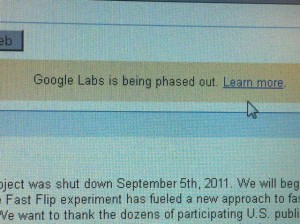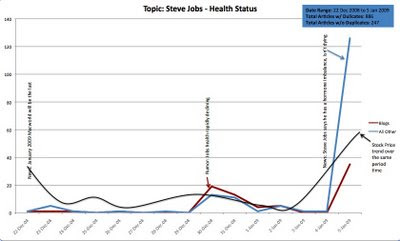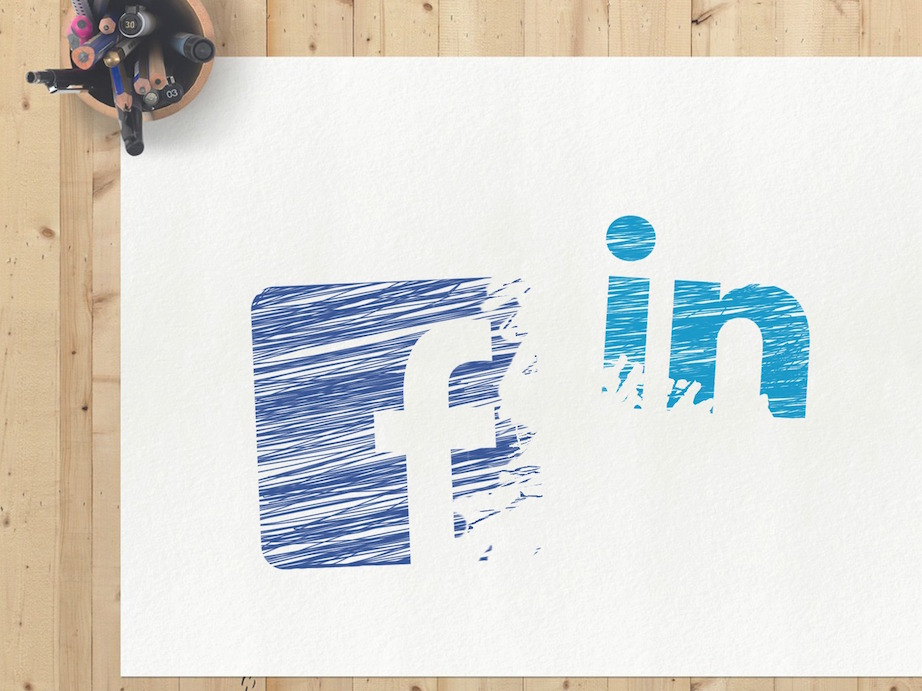
The Social Network Mid-Life Crisis
Each social network has its own persona. We have the style icon, all looks, in Instagram and the hotheaded, no-filter urbanite that is Twitter. Then, there’s the socialite, Facebook, and the professional, LinkedIn – both who seem to be undergoing respective identity crises.

This isn’t the first time Facebook has tested LinkedIn-esque features. Last year, Facebook tested out “Profile Tags” that showcased a user’s interests, skills, and personality. Sound familiar? Take a peek at your LinkedIn endorsements.

A confusion of what is “work related” is possibly to blame for the increasing clutter on our LinkedIn feeds. For example, the included quote was pulled from a lengthy LinkedIn post.
The quote was accompanied by a big, smiling, “selfie.” Though work and career are essential themes to the post, the emotional description and personal image reflect Facebook’s intimate reputation more than that of the professional networking psyche originally associated with LinkedIn.
The pseudo-work related post formula has spread like wildfire across LinkedIn. Always, a personal photograph follows the assertion. Another “selfie” shot I came across this morning was captioned, “Ready for my first interview!” I can’t image any interviewer not checking the LinkedIn profile of candidates before meeting.

Rather than these posts being overlooked, LinkedIn users can’t resist the bait. Each political post is accompanied by Tweet-worthy replies from every part of the political spectrum. Even posts without political themes are subject to these users.
There’s no confusion of these being unrelated to work (unless one’s industry is, in fact, politics) so what’s driving users to share these on LinkedIn?

Nowadays anyone can “publish an article” to LinkedIn’s “news” in the same style used by any unprofessional blogging platform including the micro-blogging network Tumblr, with its neo-new wave, post-punk persona. After publishing a blog an article, it will be conveniently placed into the view of their connections via LinkedIn’s “Recommended Reads” emails’ “Published by your network” section. If you play the game right, as outlined here by this highly-shared author, LinkedIn Editors will push your news to the featured #dailyrundowns. Though curated by the human hand, the Daily Rundown sometimes consolidates trends across all interests, creating one noisy summary. Take a look at the below headline on death.
In a world of information overload, the last thing we need is a noisy, one-stop shop. From retail to news to TV channels, our society is demanding filtered, specific access points to what we consume. If LinkedIn loses its sense of self, we lose a productive, professional networking tool and the relevant-information sharing possibilities it offers. On the flip side, if Facebook loses its carefree persona, I may have to limit the number of cat photos I post.
Still not sure the lines are being blurred? Check out this comment made on LinkedIn CEO Jeff Weiner’s recent update:



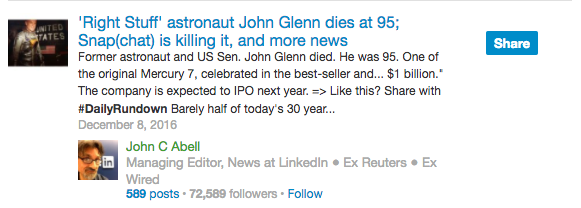

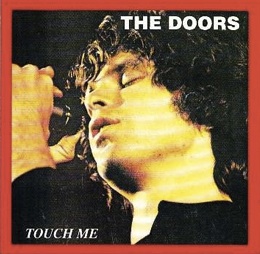
 As we saw last year, there’s been
As we saw last year, there’s been 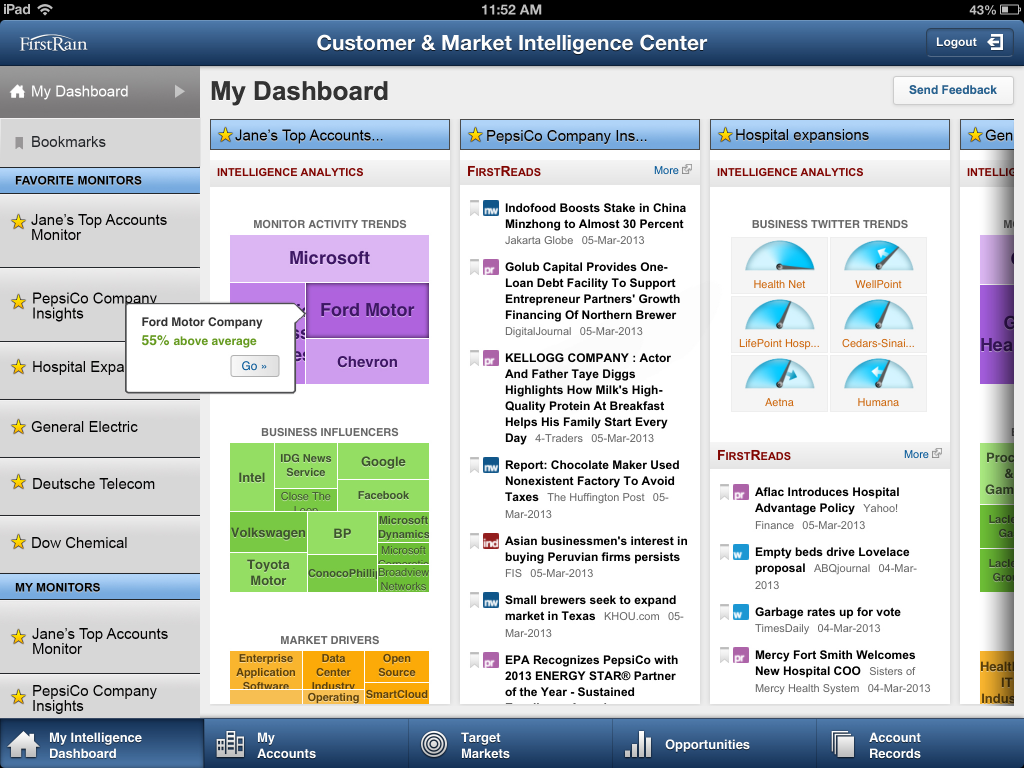 Our new FirstRain for Touch solution is an elegant and personalized set of components that have been optimized for use on touch-based devices, and can be easily dropped into enterprise apps created by companies, just like those developed using the Salesforce Touch Platform SDK. And the demand has been notable. For example, we have at least 3 large, current customers (all in the Fortune 500) who are each planning or have already created and deployed their own iPad apps for use by their own enterprise sales and marketing teams.
Our new FirstRain for Touch solution is an elegant and personalized set of components that have been optimized for use on touch-based devices, and can be easily dropped into enterprise apps created by companies, just like those developed using the Salesforce Touch Platform SDK. And the demand has been notable. For example, we have at least 3 large, current customers (all in the Fortune 500) who are each planning or have already created and deployed their own iPad apps for use by their own enterprise sales and marketing teams.
